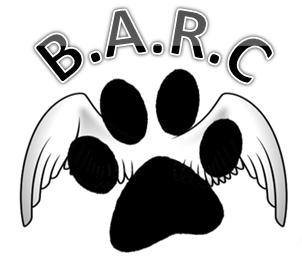Sharing food is part of day-to-day life for many; whether it’s movie popcorn, party snacks or finishing your child’s leftovers. "Before sharing food, ask yourself: Would I share this person’s saliva? When we eat, droplets of our saliva transfer to the food, as well as our cutlery. It’ll also be on our hands, which we will then use to touch surfaces.”
Saliva can transmit viruses such as those that cause cold and flu; and bacteria that cause strep throat. These will be transmitted to others who come into contact with the saliva - whether they develop the infection is down to their immune response to those pathogens. If the infectious cell can transfer from the mouth to the air, then it can be transferred between people through saliva droplets. For example, if two people share a bowl of chicken soup, researchers found that bacteria were transferred back to the bowl from each person’s spoon after it had been in their mouth, with between 70,000 and 90,000 bacteria being transferred to the soup after six mouthfuls (around 10,000 bacteria a time).
The transferred bacteria in soup may not automatically cause problems. "If you’re serving steaming hot soup, even if you cough directly into it, most microbes won’t survive. Once it has cooled to 37°C - lukewarm - these conditions would support bugs to survive longer - so avoid sharing."
Meanwhile, the problem with popcorn is that people place their hands into the bag multiple times after they’ve touched their mouths and many other dirty surfaces. In an experiment, the researchers put deactivated E. coli (a bacterium that can cause gastroenteritis and urinary tract infections) on people’s hands and found 85 per cent of the handfuls of popcorn touched with these hands contained these bacteria, while 79 per cent of the popcorn remaining in the bowl had them. "By the time you’re scraping the bottom of the bag, you might as well be kissing the person sharing the bag with you."
Contact Gansbaai Pharmacy today and find out more.










































